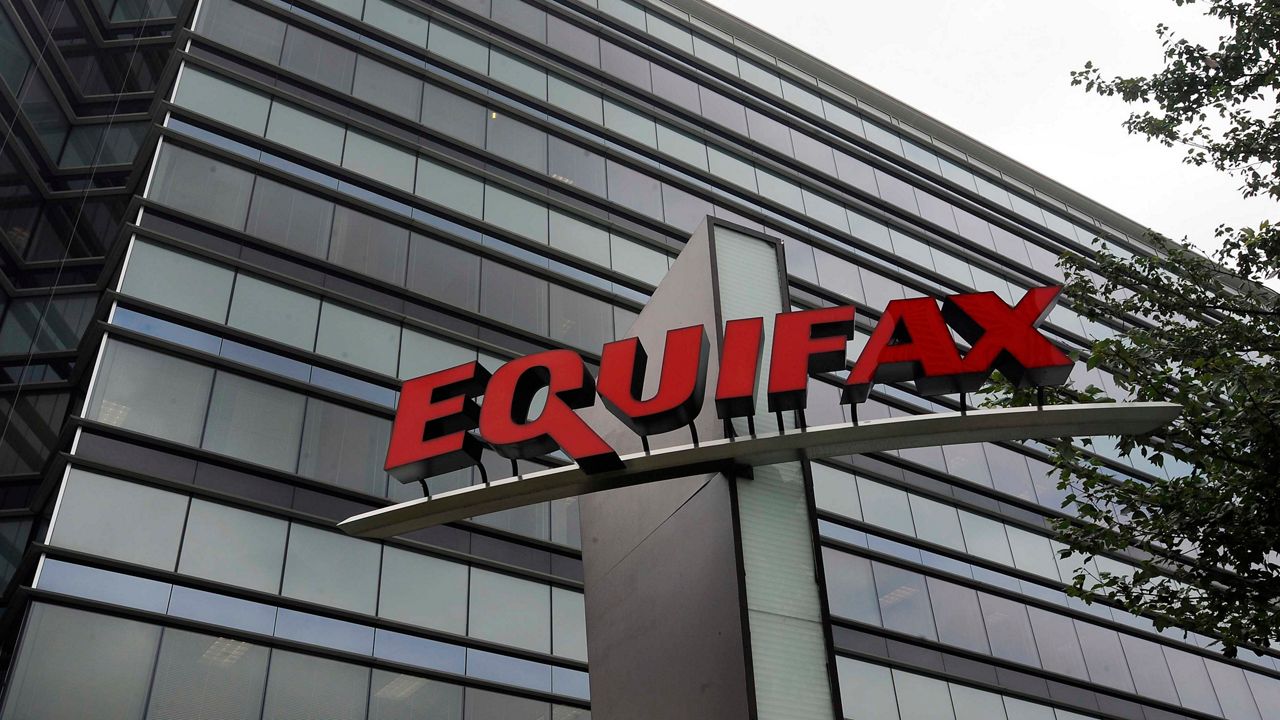Consumer credit reporting agency Equifax is being sued for a three-week glitch earlier this year that may have sent incorrect credit scores for potentially millions of Americans to lending agencies and banks across the country.
News of the data corruption was first reported by the Wall Street Journal earlier this week, and Equifax confirmed the reports in a subsequent statement.
The coding issue occurred on an “on-premise server,” Equifax said, which was slated to be moved to cloud-based technology. The data errors occurred over a three-week period between March 17 and April 6, and Equifax says the miscalculations were fixed on April 6, and that no consumer credit reports were impacted – meaning individuals who checked their own credit scores during that time frame likely saw an accurate report.
But Equifax acknowledged during the three-week window that nearly 300,000 consumers saw a credit score shift of 25 points or more in either direction.
Credit scores provide lenders with a picture of how big a risk a borrower is, and they typically range from 300 to 850 points, with a higher score usually resulting in better terms for people applying for mortgages, auto loans or mortgages. The lawsuit says the errors violated federal law that governs credit reporting agencies.
The class action complaint filed against Equifax on Wednesday claims that a number of consumers who sought loans or other financial services were denied because of the erroneous report given to the lender.
Nydia Jenkins, the main plaintiff in the case, claimed that despite being pre-approved for a car loan in January, she was subsequently denied for the loan by Arlington Toyota because of her credit score.
“In the letter she received regarding her denial, Plaintiff Jenkin’s (sic) saw that her credit score, reportedly furnished by Equifax, was inaccurate by 130 points,” the suit, filed in the northern district of Georgia, read in part.
Because her score had decreased so dramatically, Jenkins alleges she was forced to apply for a steeper loan with “much less favorable rates” from a different dealership.
In a recent statement, Equifax said it sent updated scores to lenders, adding: “If you attempted to obtain credit between March 17 and April 6, 2022, and think your decision may have been impacted, Equifax advises that you reach out to the lender for more information.”
But the suit claims that the damages “cannot be rectified by merely updating the affected credit reports,” as plaintiffs were subjected to loss of financials, money and time expended, loss of opportunity and more.
Besides seeking an undisclosed amount of damages “to the fullest extent allowable by law,” the lawsuit is asking for an audit to identify which customers’ credit scores were affected; money for credit repair services; and the establishment of a fund to reimburse customers for any out-of-pocket expenses they incurred from the errors.
According to the Wall Street Journal, Equifax also told lenders about the problem as early as May, though it did not publicly disclose the data corruption for months. At a June investor conference, Equifax CEO Mark Begor told those present that the company had “fixed the issue” of incorrect data.
“We think the impact is really going to be quite small, not something that is meaningful to Equifax, we are in close collaboration with [customers] making sure we stand behind it,” he added. “Obviously any data quality issue is a big issue for us. We take it very seriously, and it's one we are going to make sure we are going to fix."
But the lawyers representing Jenkins had a different view.
“In the modern economy, millions of Americans rely on credit to make the most important purchases of their lives, from homes to cars to appliances and everything in between,” John Morgan and John Yanchunis, the attorneys representing Jenkins, said in a statement. “We believe that many of the people impacted – some of whom may still be unaware of what happened – suffered severe financial consequences.”
The data corruption is the latest hurdle for Equifax, which holds credit reports on over 200 million Americans, per WSJ.
In 2017, hackers broke into Equifax in a breach that exposed the financial information of 147 million Americans. A federal court in 2020 approved a $380 million settlement of class actions lawsuits, with no finding or judgment of wrongdoing made. The settlement required Equifax to invest a minimum $1 billion over five years on data security.
The Associated Press contributed to this report.



